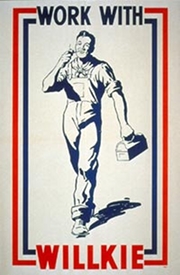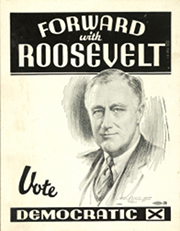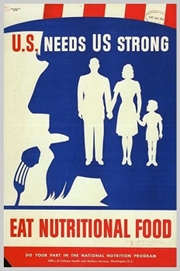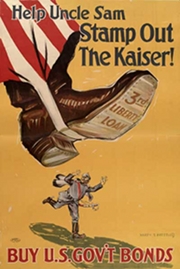Carole Lombard, the Great Dame of American cinema, was born Jane Alice Peters in Fort Wayne, Indiana, 108 years ago today. Here are 10 CL Did-You-Knows:
- Lombard’s parents divorced when she was young, and it was during a Southern California vacation that her mother decided to relocate there with her three children (Carole had two older brothers).
- Lombard was discovered at age 12 while playing baseball in the street by director Allan Dwan, who cast her in his picture A Perfect Crime (1921) as a tomboy. It was the only picture in which she would be listed in the credits as Jane Peters.
- At age 18, Lombard was in an auto accident that scarred the left side of her face. Plastic surgery repaired the damage sufficiently for her career to continue after her recovery.
- Lombard appeared in more than 35 silent pictures, many of them comedy shorts made by the Mack Sennett Company, where she honed the comedy skills that would serve her so well later in her career. She made 42 talkies before her life tragically came to an end at age 33.
- Her name appeared in movie credits as Carol Lombard until an E was mistakenly added to her first name in the credits for Safety in Numbers (1930). The studio decided that would be the spelling of her name going forward, and she went along. She had her named legally changed to Carole Lombard in 1936.
- Lombard was nicknamed the Profane Angel for her lovely appearance and, er, colorful vocabulary (it’s said she swore like a sailor).
- Lombard’s first marriage, to actor William Powell, was short-lived—they were married just 26 months—but they remained devoted friends for the rest of her life.
- She and second husband Clark Gable first met while serving as extras on the set of Ben-Hur: A Tale of the Christ (1925). They were extras on three films together and made one feature—No Man of Her Own (1932)—together, but wouldn’t become romantically involved until 1936.
- For all her success in screwball and romantic comedies, Lombard turned down the female lead roles in three classic of those genres: It Happened One Night, Mr. Deeds Goes to Town and His Girl Friday.
- Lombard and her mother were on a war bonds tour when the TWA plane they were traveling on crashed 33 miles southwest of Las Vegas in the Spring Mountains. The flight’s three crew members and all 19 passengers were killed. She was posthumously awarded the Medal of Freedom by President Franklin D. Roosevelt as the first woman killed in the line of duty during World War II.
Happy birthday, Carole Lombard, wherever you may be!






